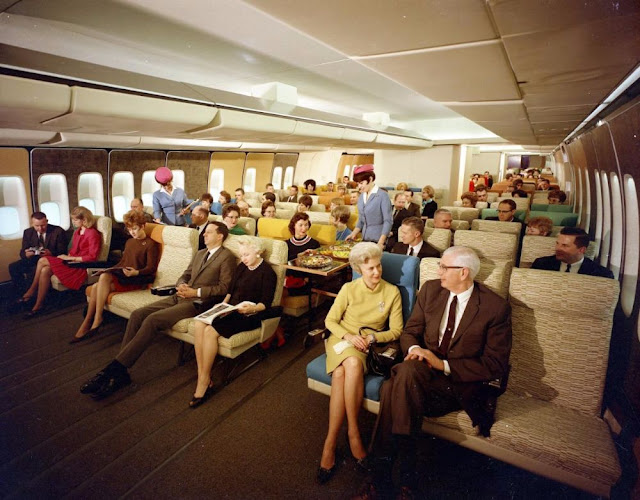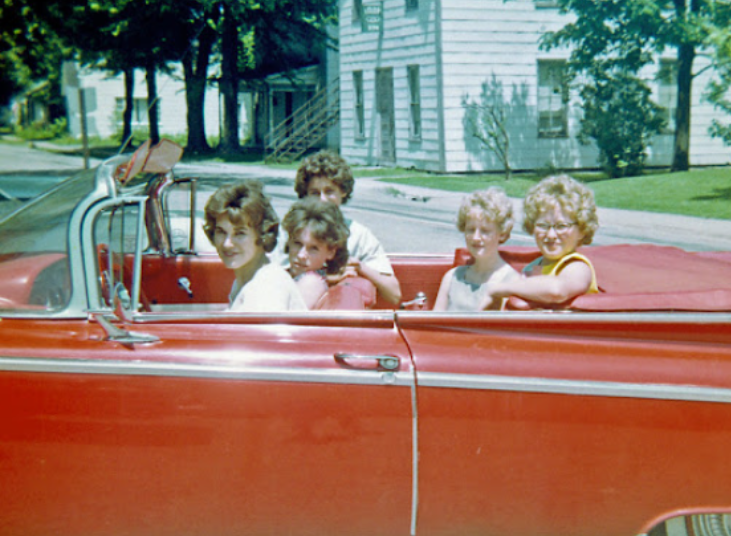Within the annals of American education history, there exists a subject that has assumed a pivotal role in arming students with vital proficiencies for the complexities of the contemporary era: typing.
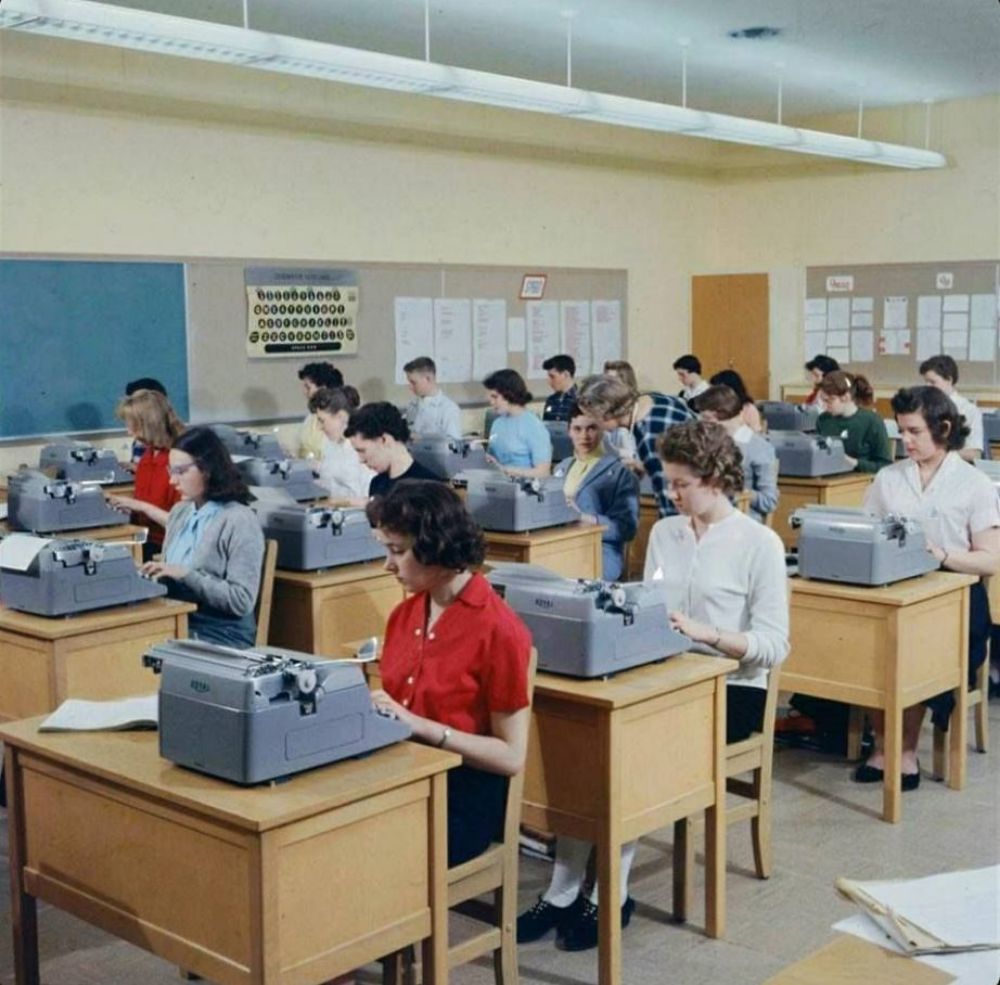
The emergence of typing classes within US high schools unfolds as a riveting chapter within the historical narrative of education, harking back to a time when manual typewriters and the rhythmic symphony of keys set the stage for a new epoch.
The inception of typing instruction finds its roots in the late 19th century, coinciding with the advent of the typewriter as a revolutionary writing instrument. Initially confined to the realm of office work, the practicality and efficacy of typing swiftly captured the attention of educational institutions.
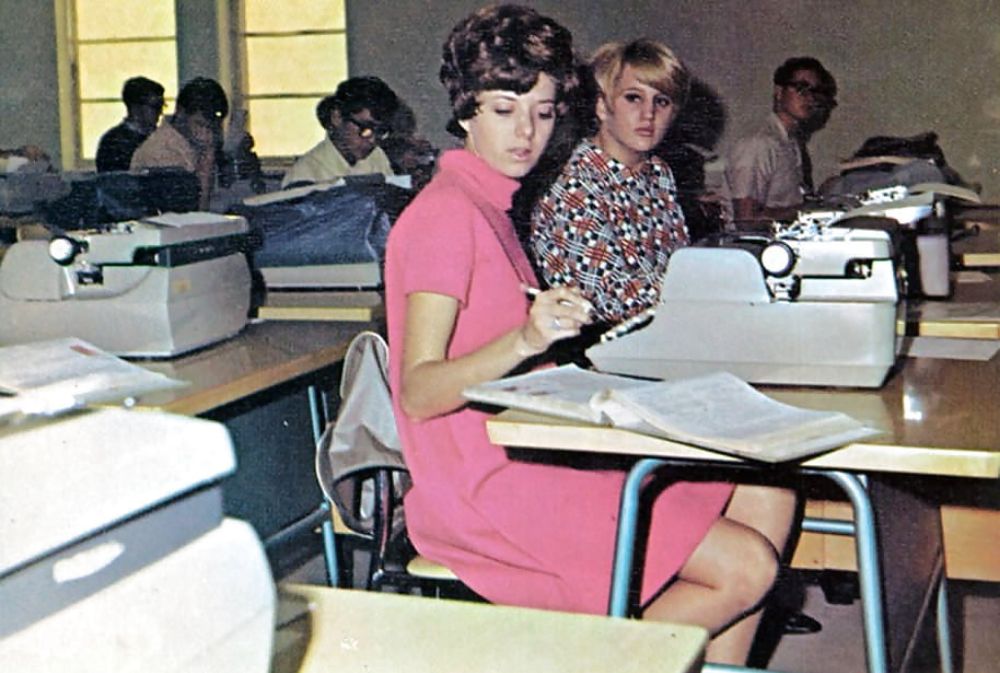

It became increasingly apparent that mastery of typing could bestow students with a pragmatic skill set imperative in a swiftly evolving world. The inaugural typing courses, unsurprisingly, were provided by experts in typewriters, as noted by Yamada (1983).
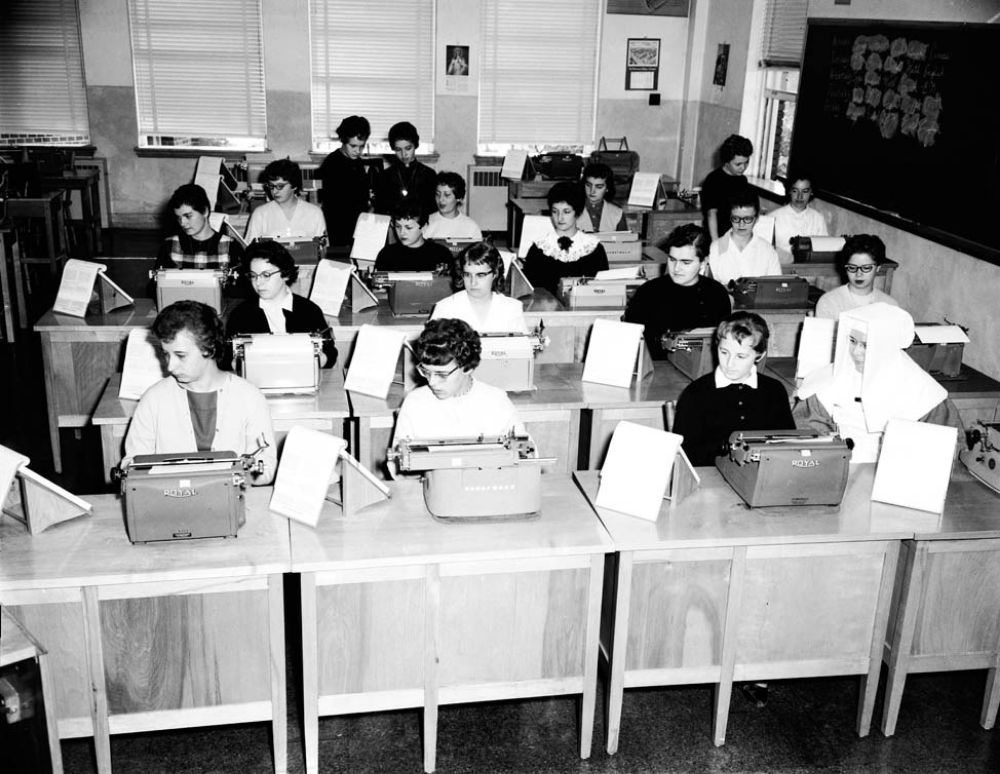
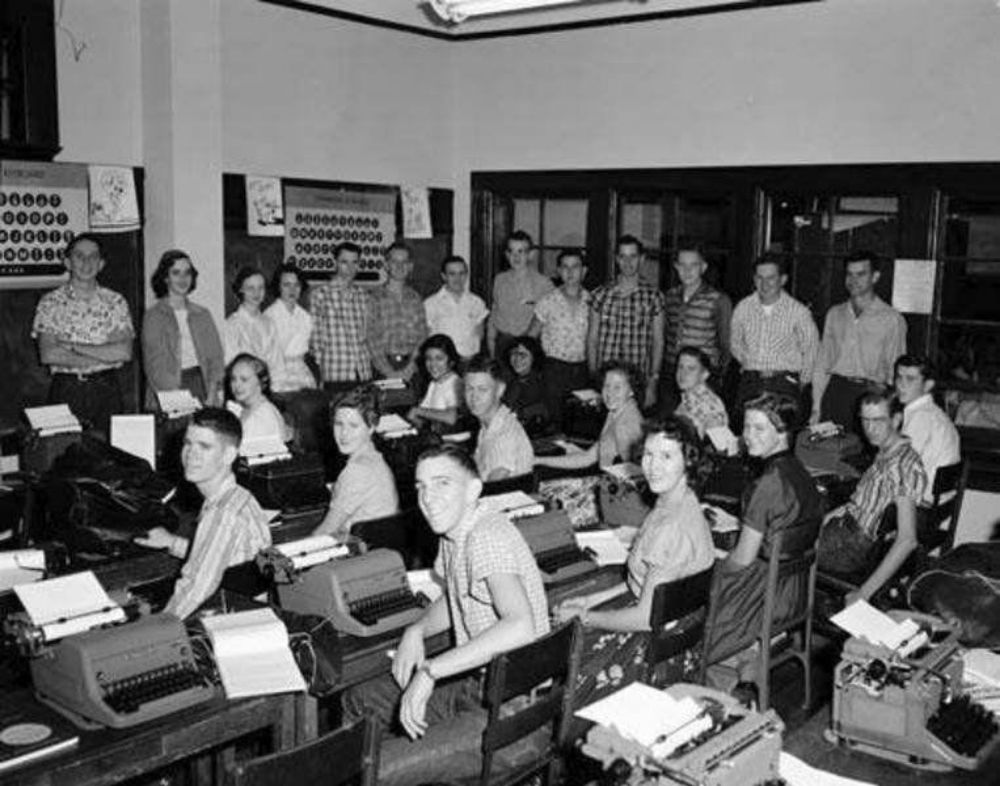
Around the vicinity of 1880, typewriter manufacturers such as Remington embarked on offering typing courses, aiming to establish the typewriter's indispensability as a technological companion in the realm of business.
In the early 20th century, typing classes predominantly served as vocational training, primarily tailored to individuals aspiring to secure positions as secretaries or clerks. These courses were commonly integrated into separate business schools or vocational institutions, rather than being a part of mainstream high schools.
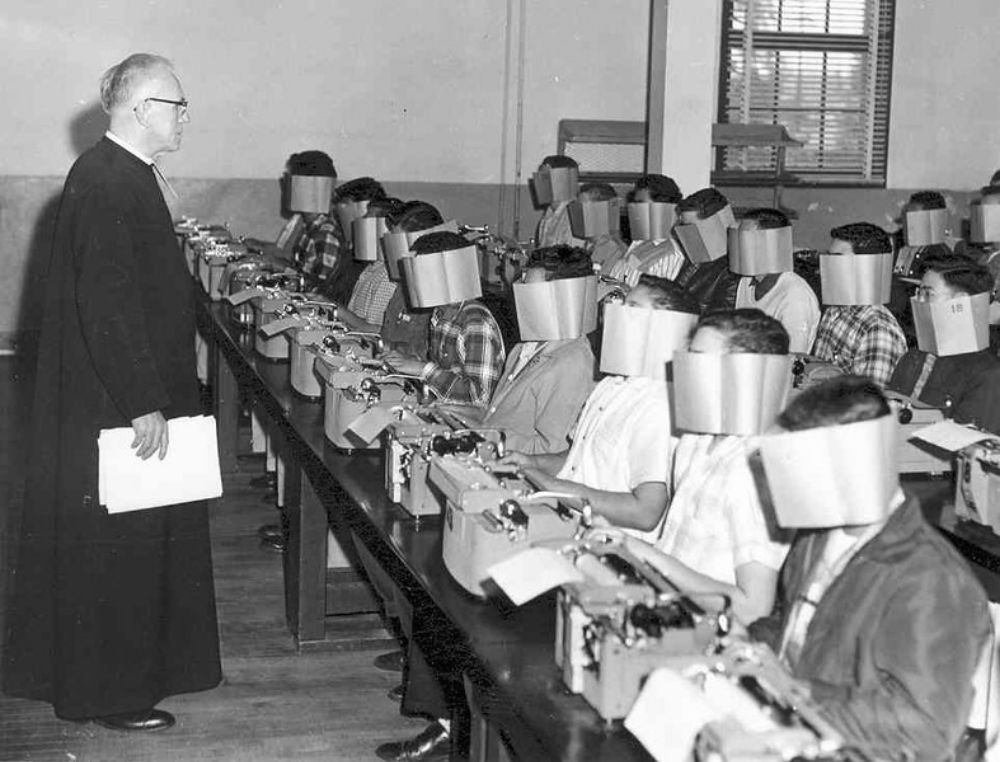
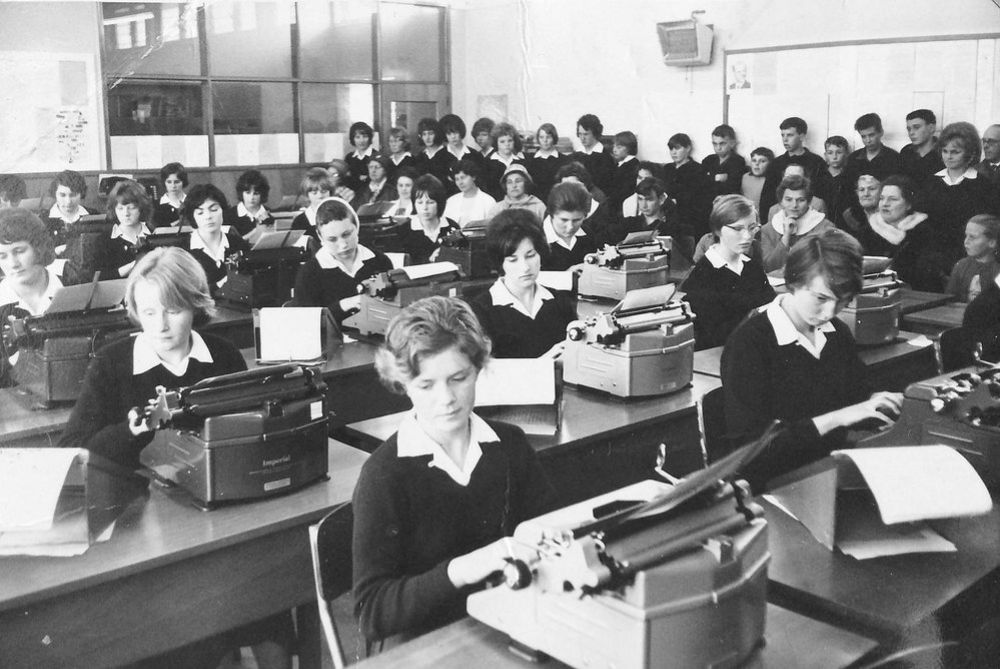
However, with the exponential surge in demand for skilled typists, educators began recognizing the universal significance of typing abilities for all students, regardless of their future career paths.
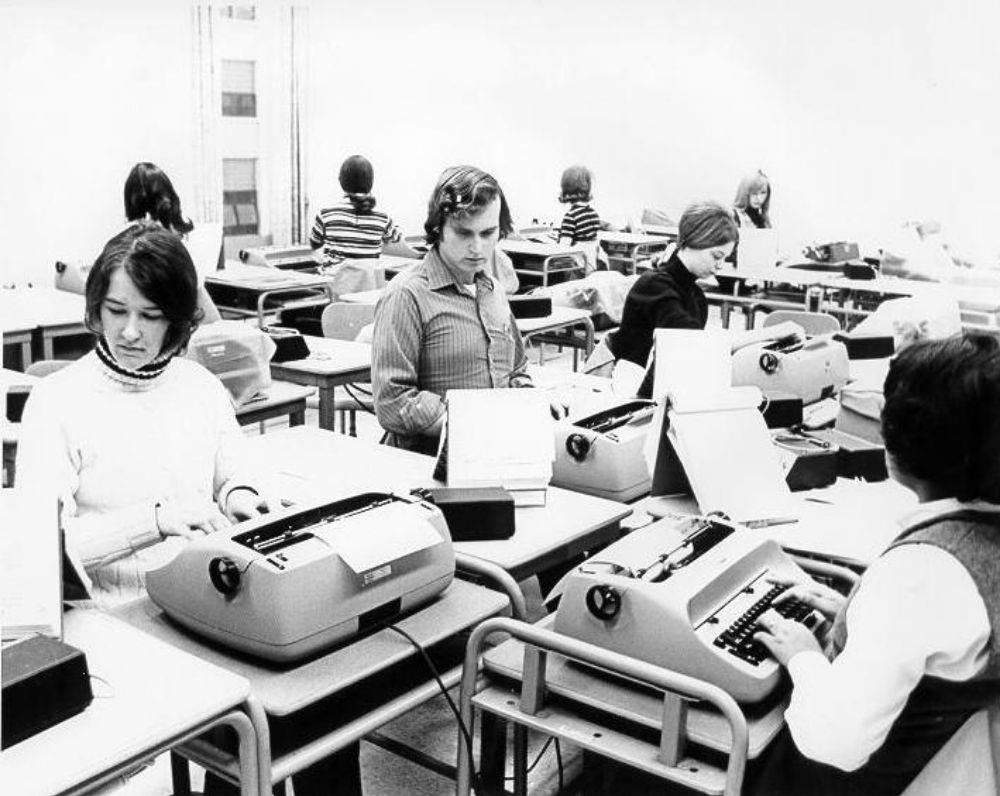
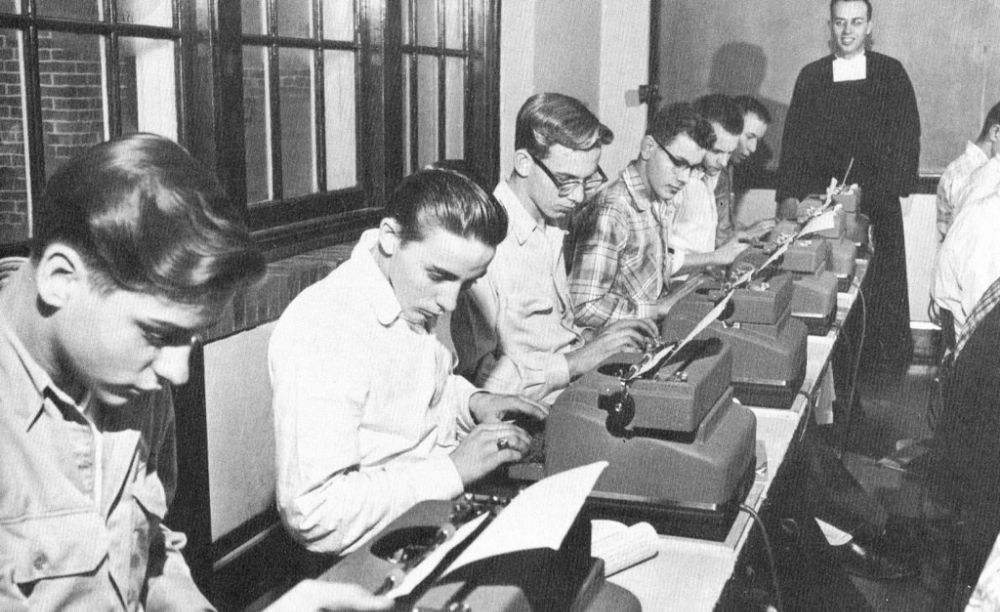
As the 1920s unfolded, typing classes gradually found their place within US high schools. Initially, the emphasis centered on imparting touch-typing techniques using manual typewriters.
Between the 1950s and 1970s, typewriting predominantly found its place within elementary schools, fueled by a prevailing belief that such skills could accelerate a student's grasp of the English language, particularly spelling.
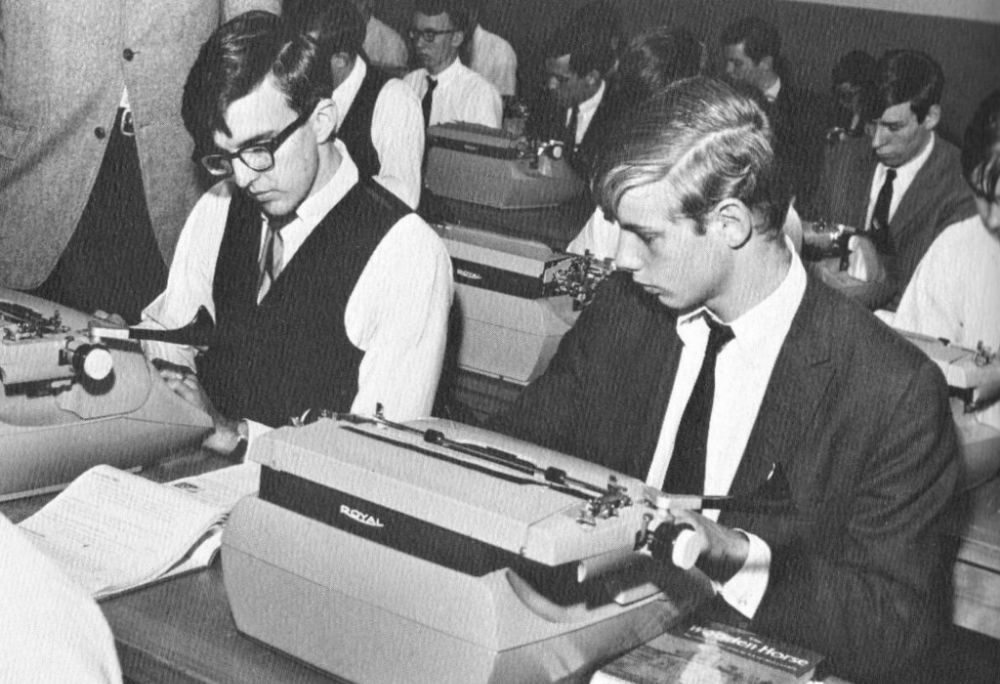
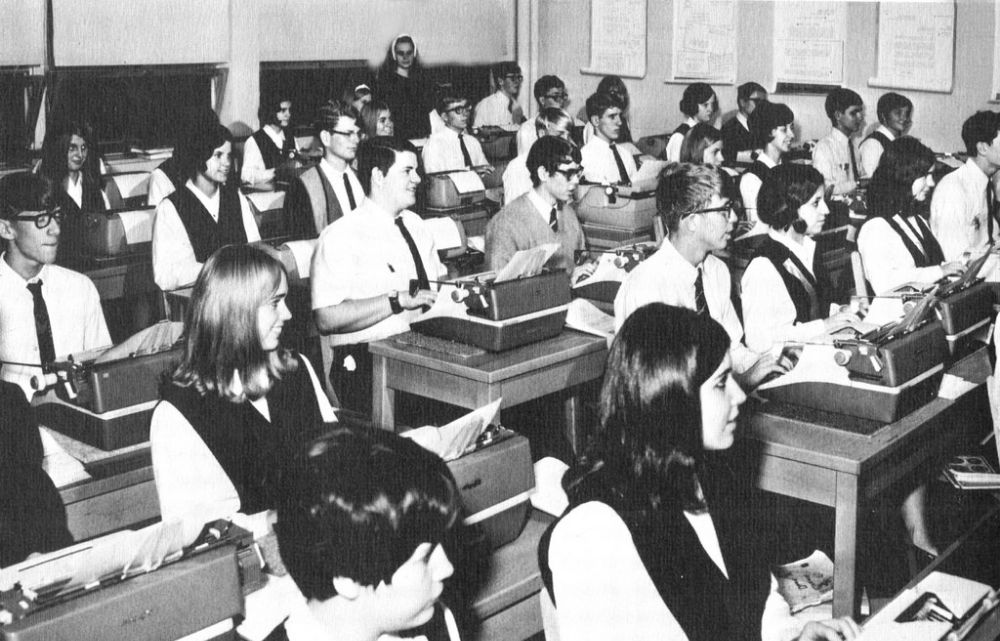
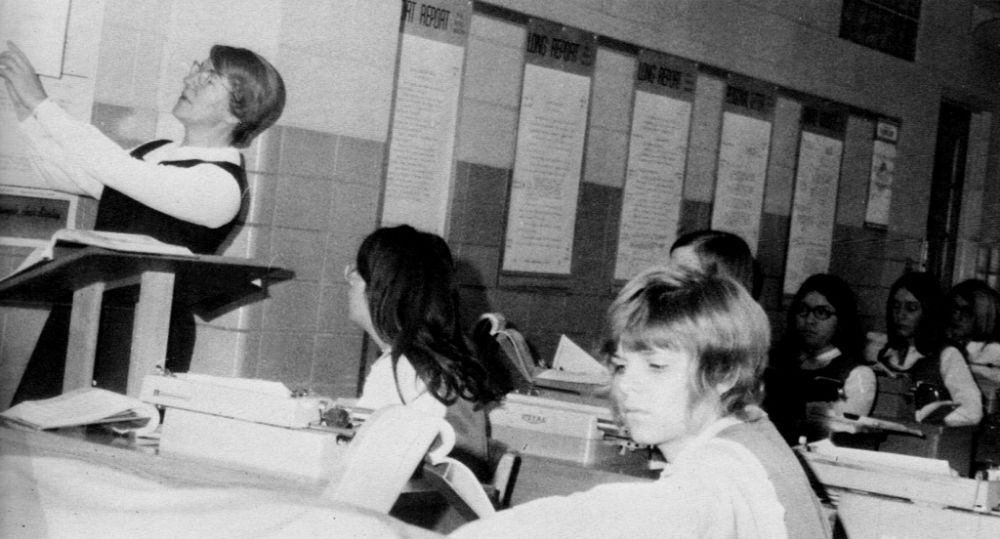
Typing facilitated a heightened recognition of the various configurations that letter patterns could assume, particularly the initial and concluding segments of words. Students were systematically instructed in correct hand positioning, posture, and the precise finger motions essential for proficient typing.
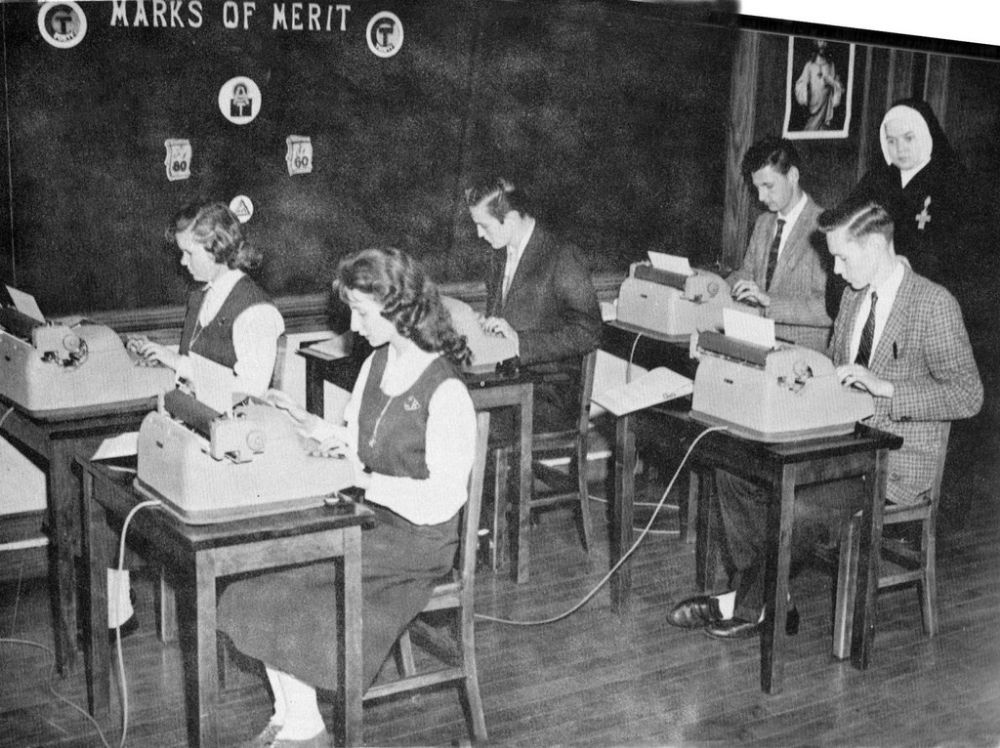
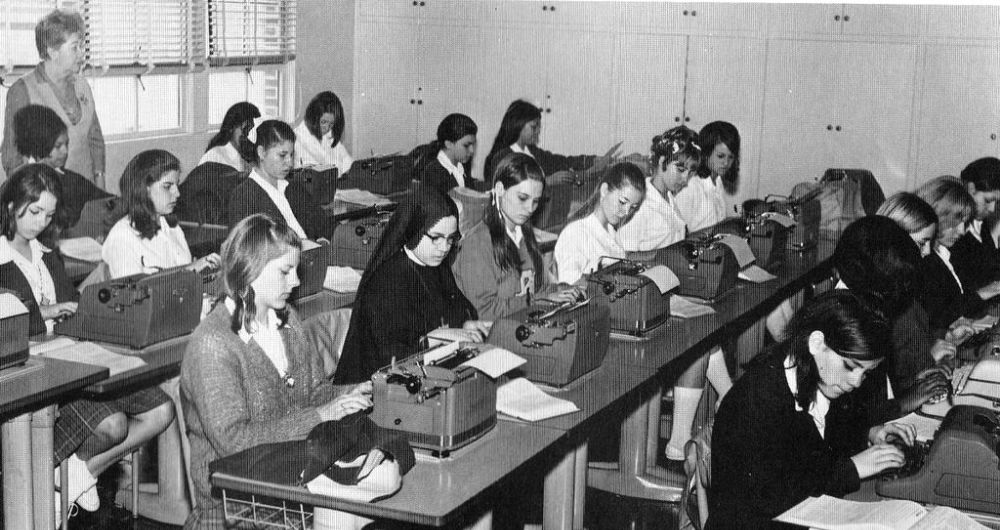
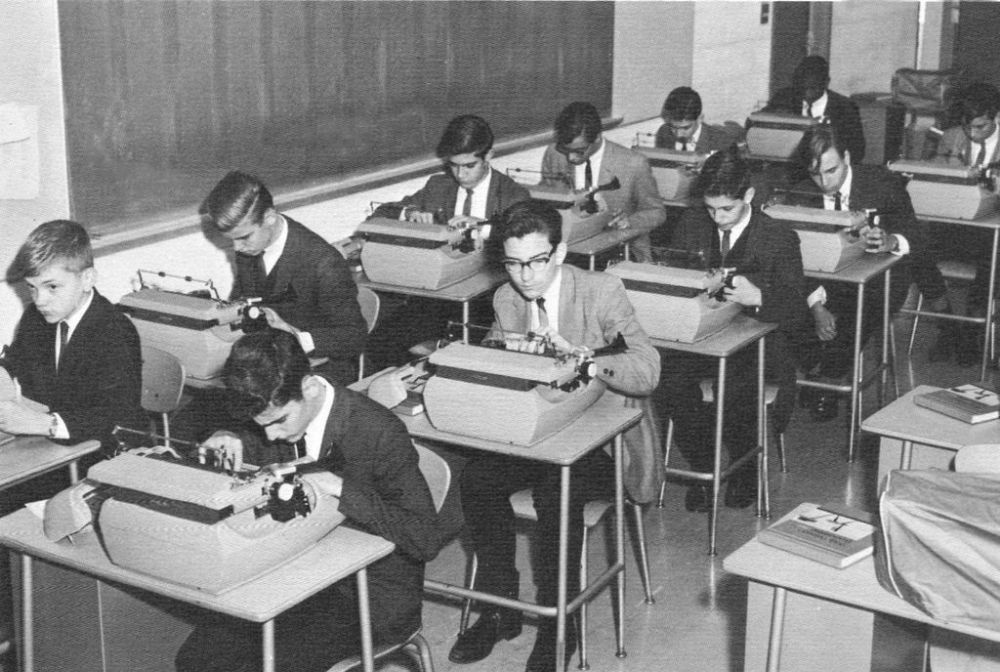
Within the classrooms, the harmonious rhythm of typewriter keys reverberated as students engaged in deliberate practice, striving to enhance their speed and precision.
Within the classrooms, the distinct sound of typewriter keys echoed as students dedicatedly honed their proficiencies.
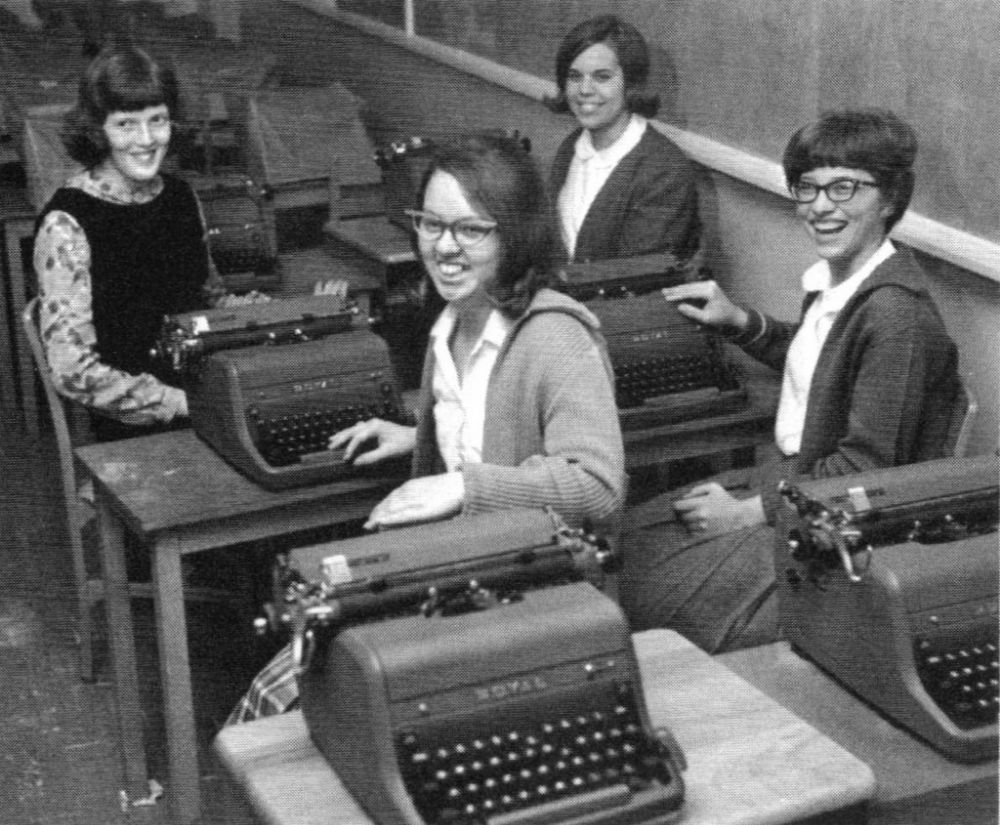
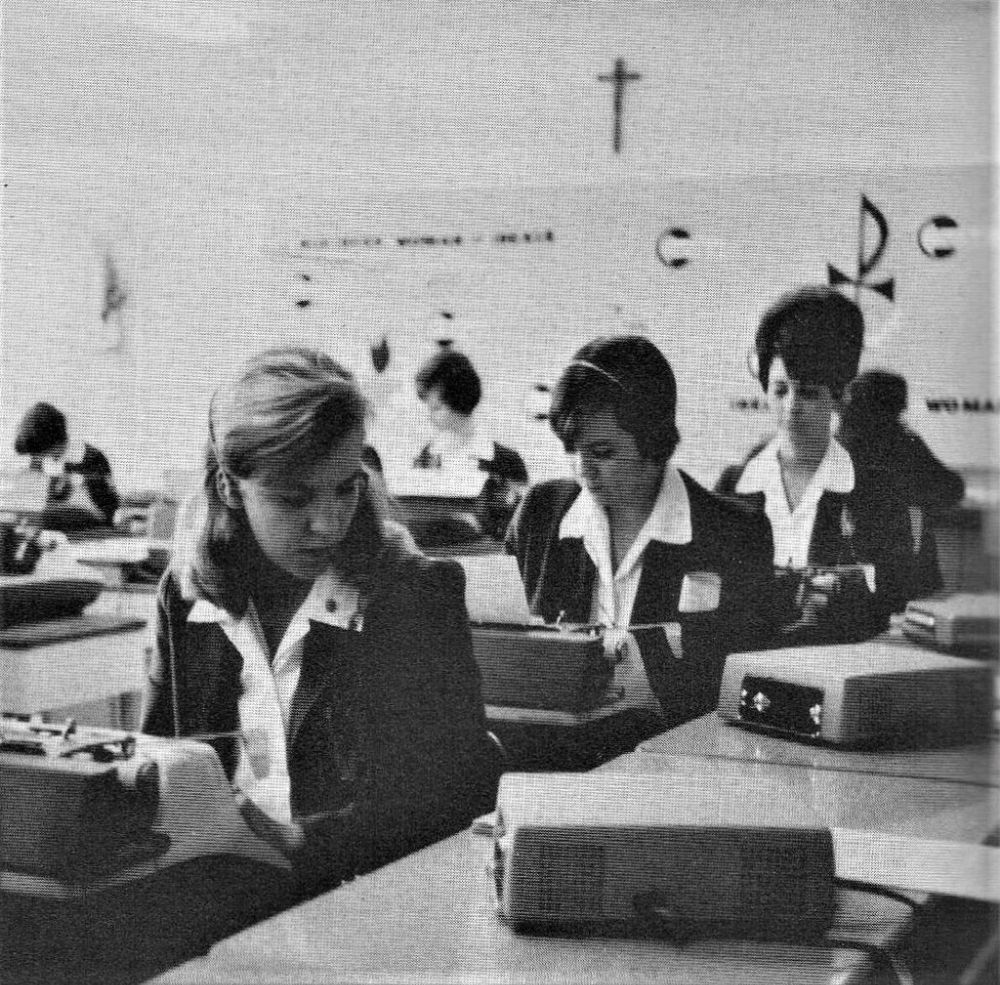

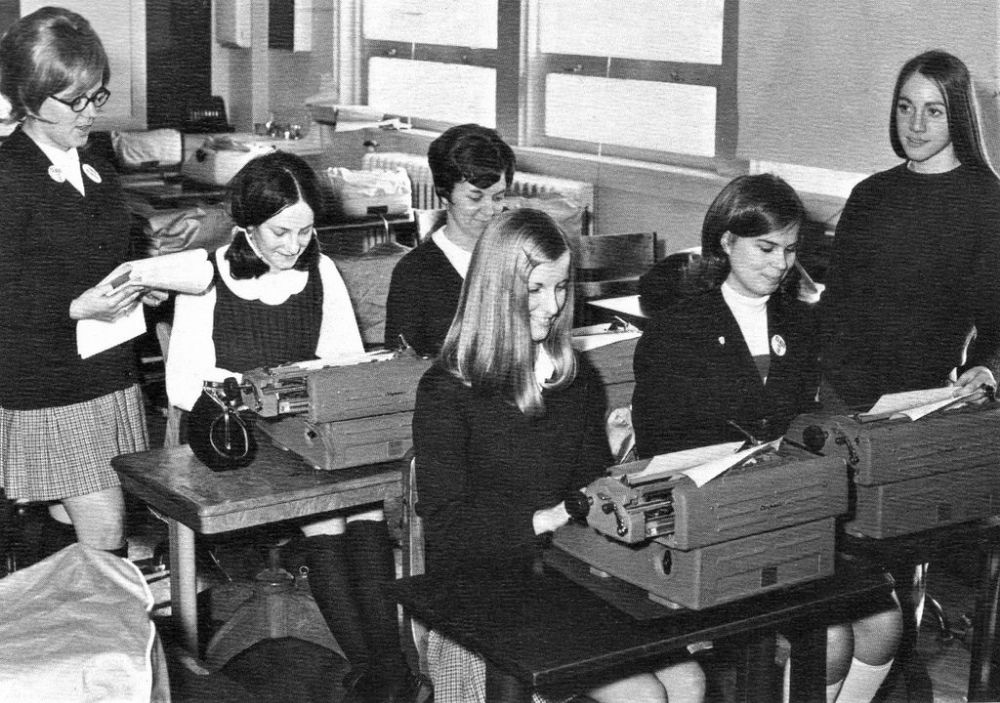

Typing courses encompassed both theoretical instruction and hands-on exercises. Students acquired proficiency in keyboard layout and acquainted themselves with prevalent typing principles and standards.
Through rigorous typing drills and exercises, they honed their muscle memory and velocity. A strong emphasis was placed on precision, motivating students to aim for flawless typing.
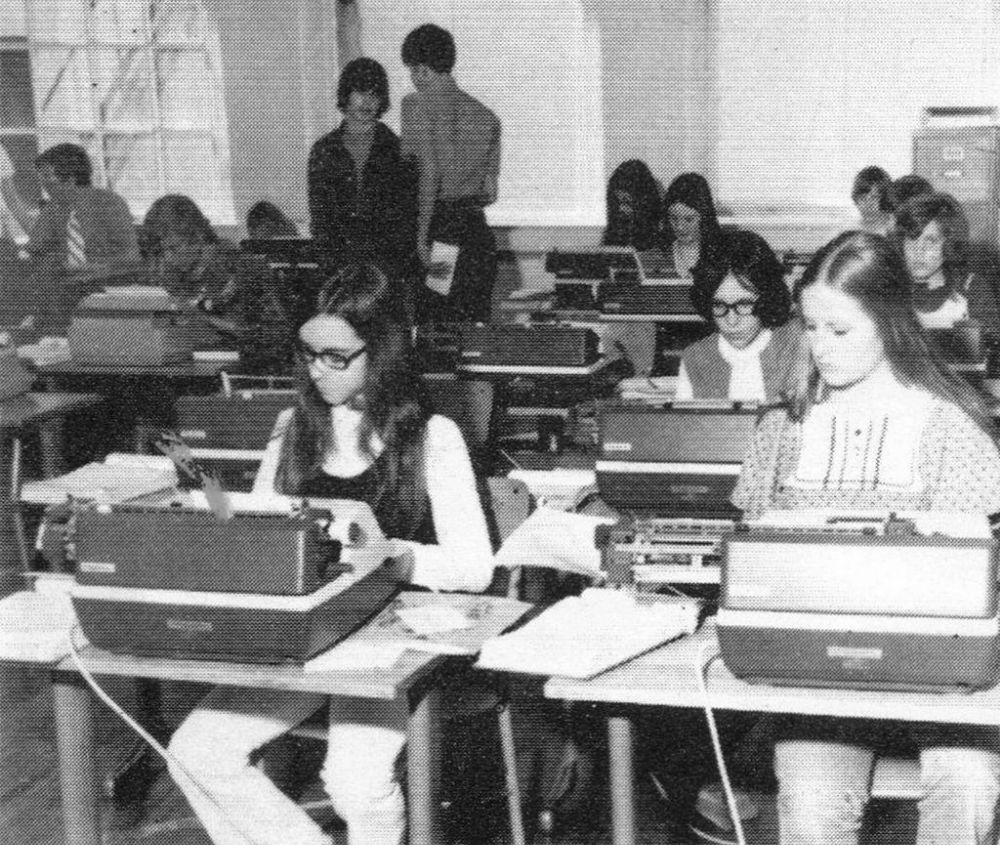
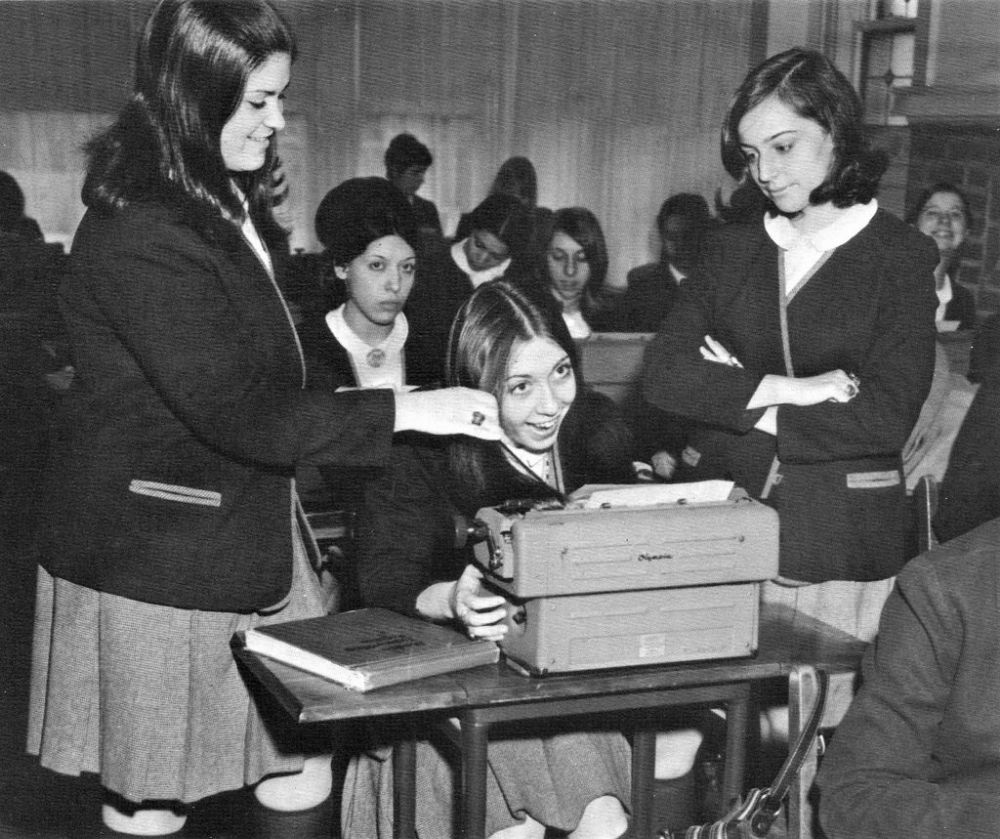
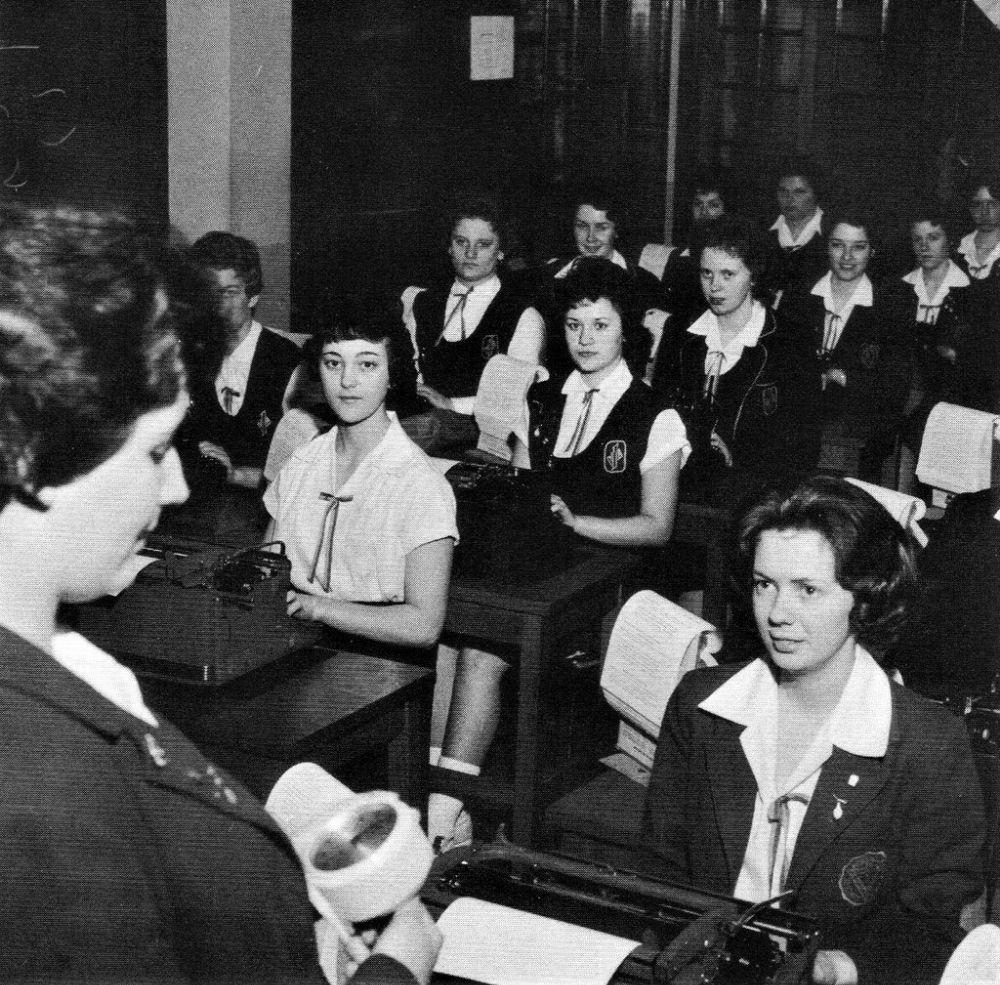
During this period, typing classes frequently adhered to gender segregation, with girls predominantly enrolling in typing programs, while boys pursued various vocational or academic disciplines.
This division mirrored the societal norms and career possibilities of the era, aligning typing with roles typically associated with office and secretarial work.
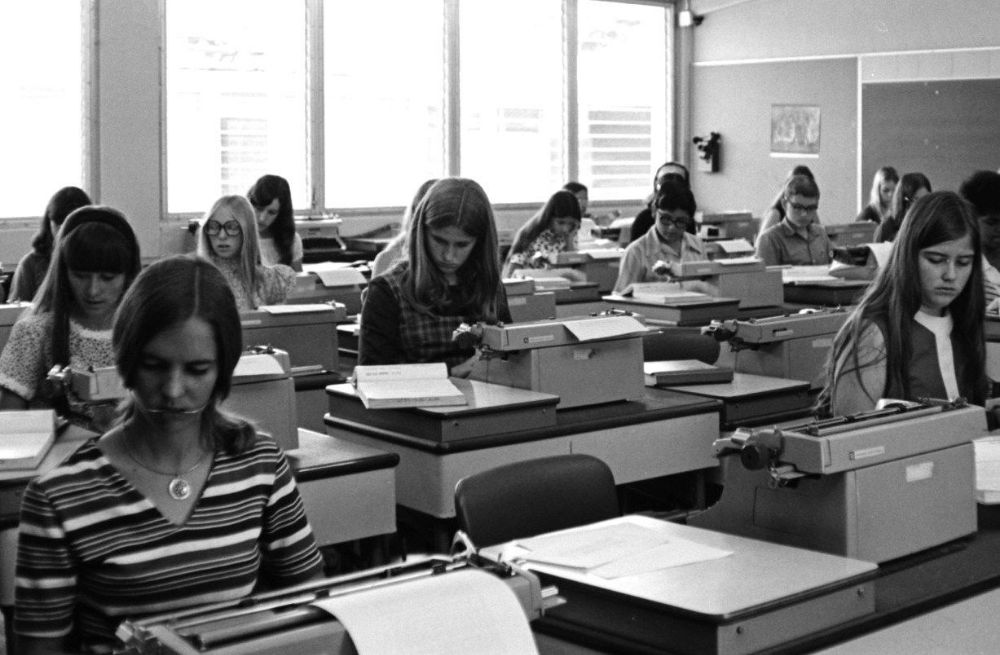
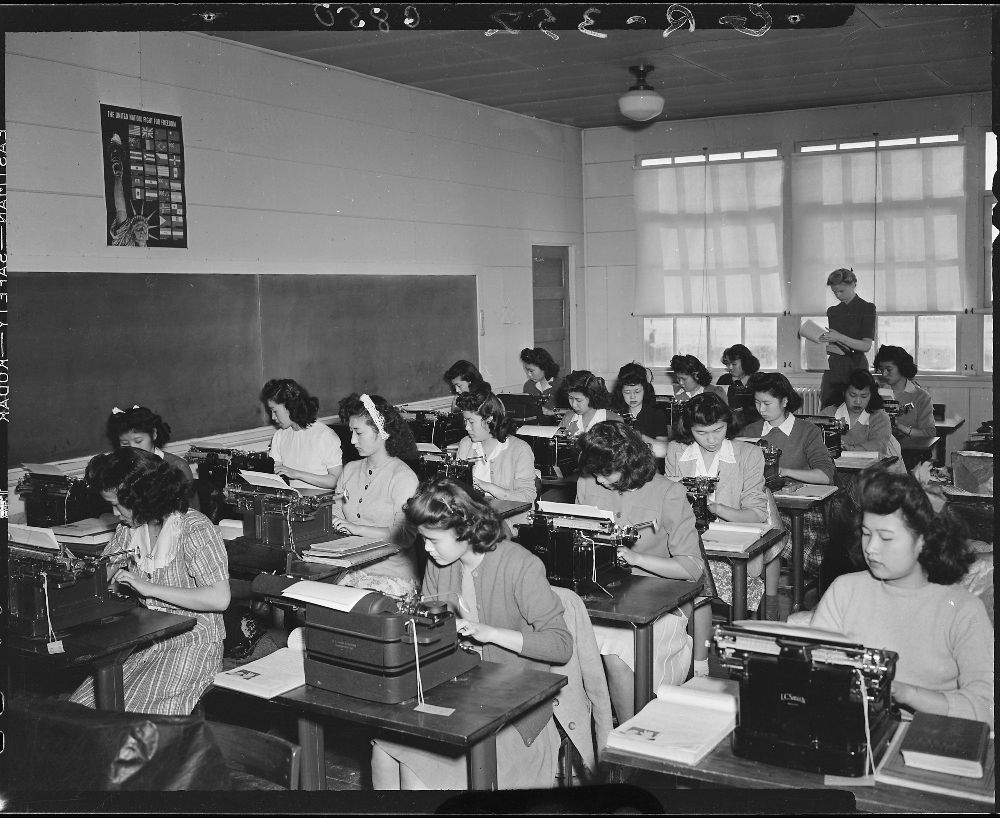
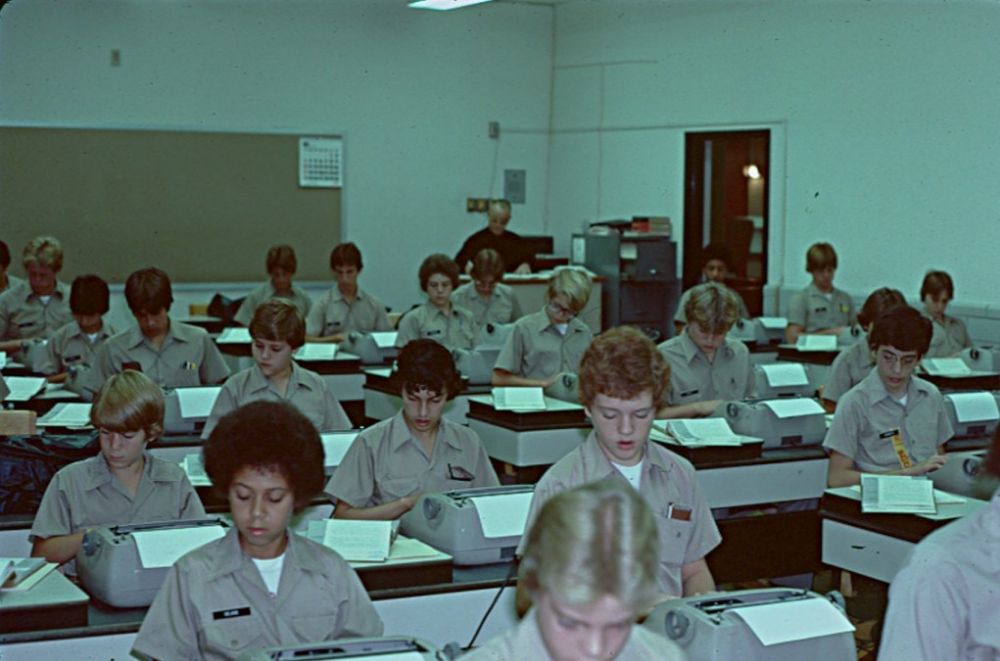
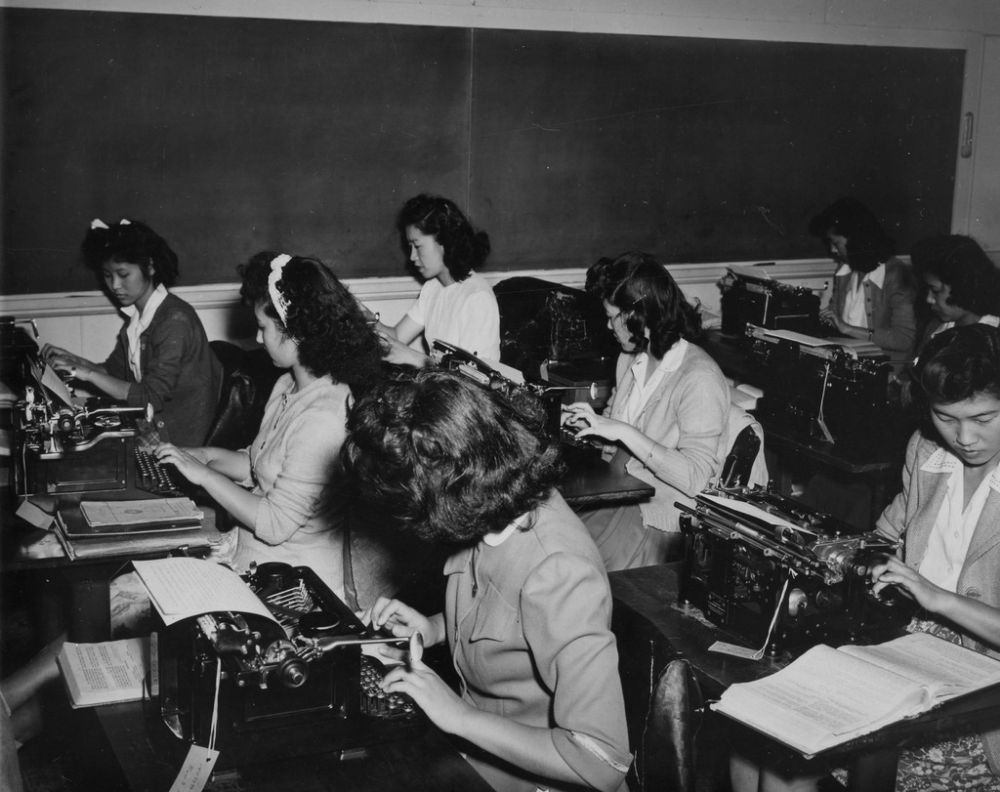
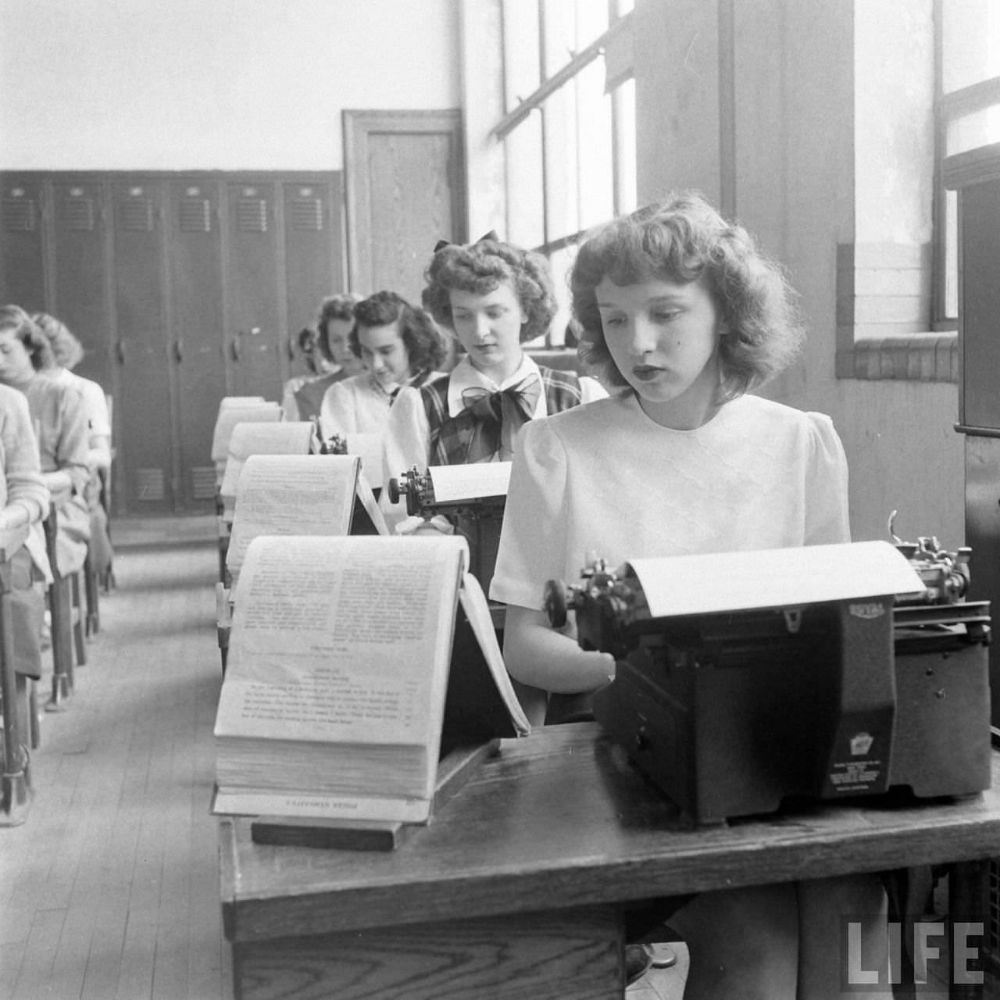

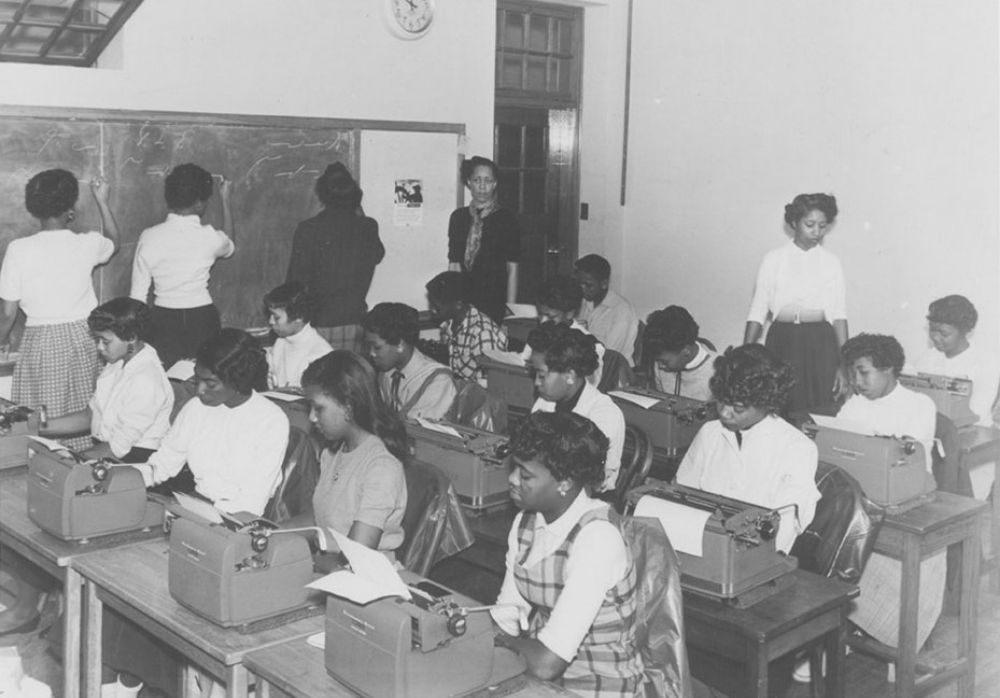
(Photo credit: Pinterest / Wikimedia Commons / Flickr).
